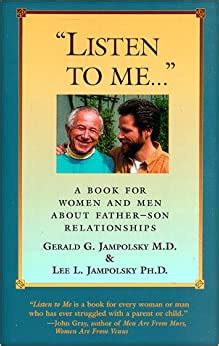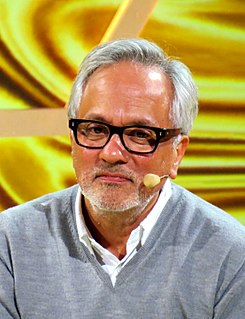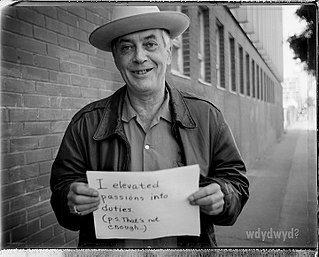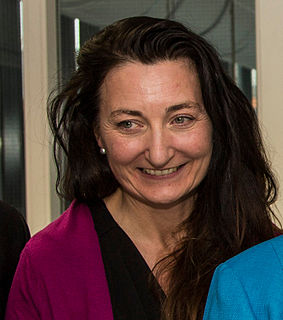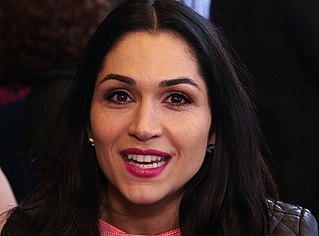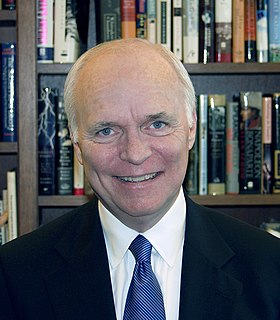A Quote by David Eagleman
We are not conscious of most things until we ask ourselves questions about them.
Related Quotes
Whenever I'm giving talks, I always ask people to think of the most obscure questions because I enjoy those the most. I always get the same questions: Why does Pickwick say "plock" and will there be a movie? I like the really obscure questions because there's so much in the books. There are tons and tons of references and I like when people get the little ones and ask me about them. It's good for the audience [and also] they realize there's more there.
If sculpture can really deal with the body, because we all inhabit ourselves, and if sculpture can really do that, which it is supposed to be able to do, and through it ask questions, philosophical questions, about being, I think these are all things we work on, all of us in our different ways, so perhaps somewhere in there, there are moments where dumb objects can speak.
You can imagine over very long timescales, perhaps far beyond the multi-decade time scale, we might be able to ask very deep questions about why we feel the way we feel about things, or why we think of ourselves in certain ways - questions that have been in the realm of psychology and philosophy but have been very difficult to get a firm mechanistic laws-of-physics grasp on.
We need to remember to teach our children that solitude can be a much-to-be-desired condition. Not only is it acceptable to be alone; at times it is positively to be wished for.....In the silence we listen to ourselves. Then we ask questions of ourselves. We describe ourselves to ourselves, and in the quietude we may even hear the voice of God.
When Christians start thinking about Jesus, things start breaking down, they lose their faith. It's perfectly possible to go to church every Sunday and not ask any questions, just because you like it as a way of life. They fear that if they ask questions they'll lose their Christ, the very linchpin of their religion.



